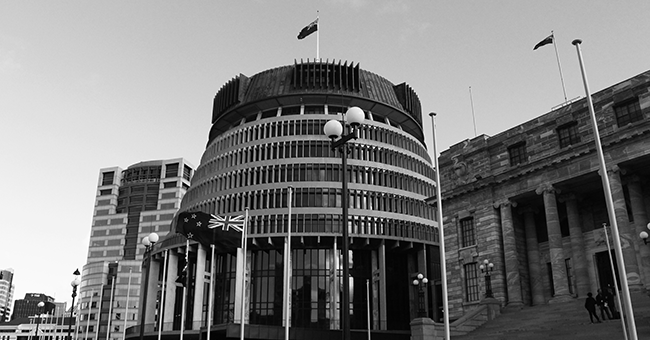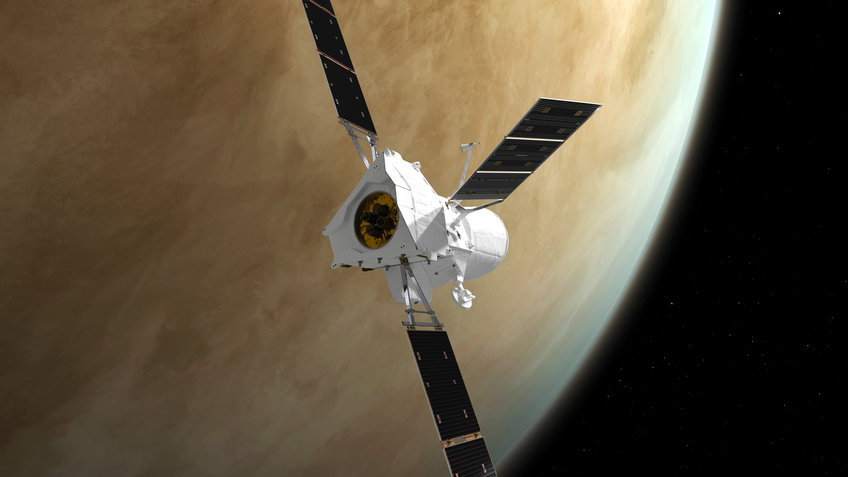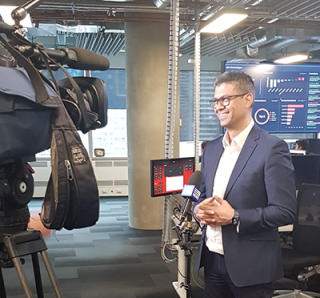The McGowan Government has today announced a plan for a more sustainable future with a new strategy to reduce single-use plastics.
The new policy comes backed by the Western Australian community; more than 98 per cent of those surveyed last year through the State Government’s Let’s not draw the short straw – reduce single-use plastics issues paper said they supported further action.
Plan for Plastics (PfP) was unveiled today at Perth Zoo, which is on the frontline of conservation efforts in this State, treating 88 sea turtles over the past five years, many of which required care following the ingestion of plastics.
The Zoo is also home to three Little Penguins; Charlie, Nelson and Gypsy, who presented with injuries consistent with marine rubbish altercations. All three have eye injuries, resulting in no or partial sight. Eye injuries are common when plastics or other marine debris punctures the eye or as a result of microplastic lodgement and irritation to the eye.
PfP will be rolled out in two main stages. Regulations will be developed and implemented by 2023 for the State-wide phase-out of plastic plates, cutlery, stirrers, straws, thick plastic bags, polystyrene food containers and helium balloon releases.
After these initial actions, the State Government will phase-out plastic barrier/produce bags, cotton buds with plastic shafts, polystyrene packaging, microbeads, and oxo-degradable plastics.
Separate to the PfP, the State Government is also consulting on an amendment to the Environmental Protection (Plastic Bags) Regulations 2018 to prohibit the use of plastic election bunting signage at polling places.
Today’s announcement puts WA on a path to become a plastic-free leader among other States and Territories across the nation.
The World Wide Fund for Nature-Australia (WWF) has today updated its plastics scorecard for the country, hailing WA as a plastic-free national leader.
PfP builds on the success of the lightweight plastic bag ban and the container deposit scheme, Containers for Change, delivered by the State Government to reduce the use, and increase recovery of plastics.
The State Government acknowledges some people require single-use plastic items, such as straws, to maintain their quality of life and that alternatives (or going without) are not appropriate. Before any phase-out the Government will consult and discuss alternative measures closely with all sectors, particularly the disability, aged care and health sectors, to ensure measures are appropriate.
A working group will be established to ensure any regulatory actions to phase-out plastic straws will not negatively impact people requiring straws to meet their life needs. This will include continued supply of certain single‑use plastics to those who need them.
Phase-outs will be supported by education and behaviour change programs. Plastic-free precincts trials will be established to support community action to reduce single-use plastics, including food containers.
The Government will also continue to consult widely and seek feedback from industry and experts on other single-use plastics and packaging including pre-packaged fruits and vegetables.
More information about WA’s Plan for Plastics can be found at https://www.dwer.wa.gov.au/single-use-plastic
As stated by Environment Minister Stephen Dawson:
“WA’s Plan for Plastics is a roadmap towards a more sustainable, plastic-free WA.
“The time to act is now; plastic pollution is one of the greatest threats to wildlife around the world and, in 2018-19, only 11 per cent of Australia’s plastic waste was recycled with 89 per cent sent to landfill.
“Reducing our dependence on single-use plastics will help reduce our impact on the environment, waste streams and human health.
“I am committed to ensuring that the needs of people with disability, those with health conditions and others who rely on certain single-use plastic items are met. We will be consulting with the community to understand these needs.
“Waste problems are a shared legacy. I look forward to the implementation of this Plan for Plastics so we all contribute to the protection of our environment for future generations.”








